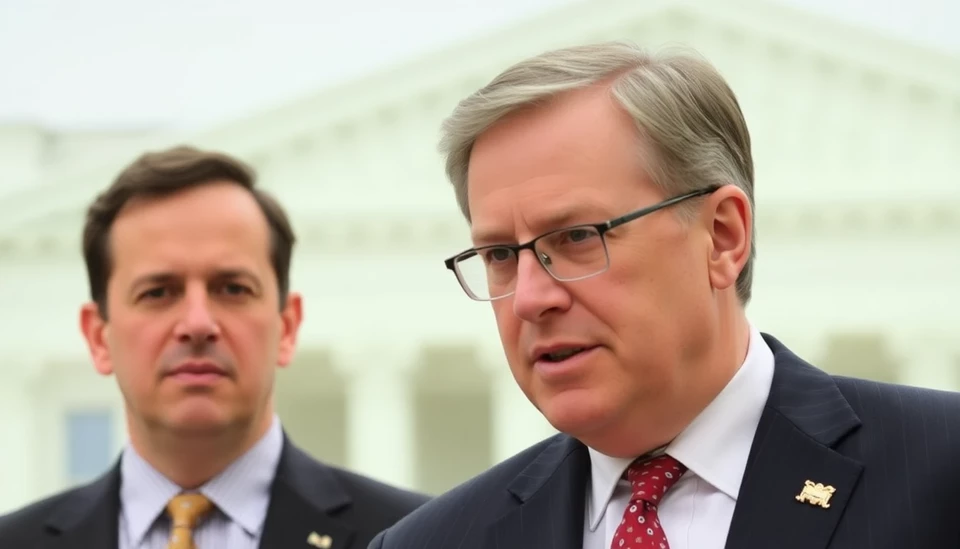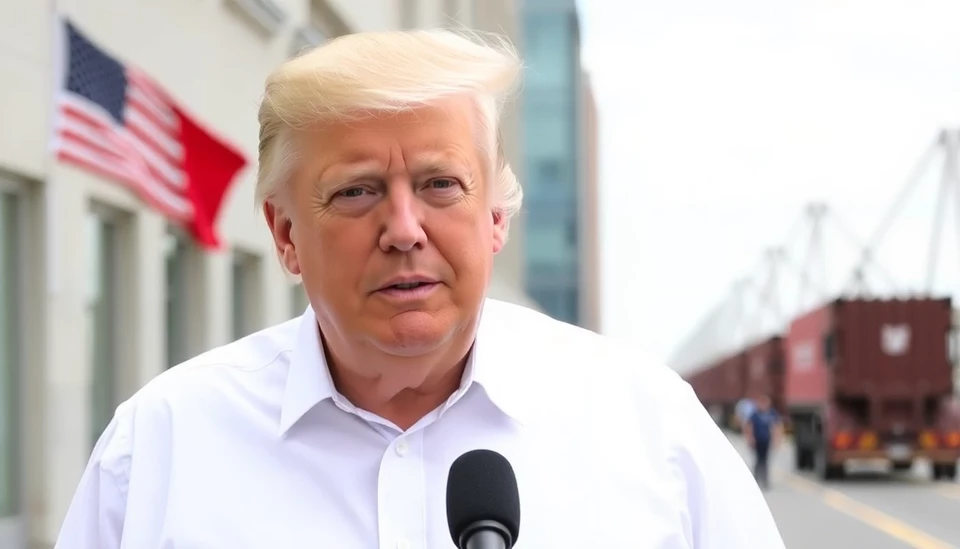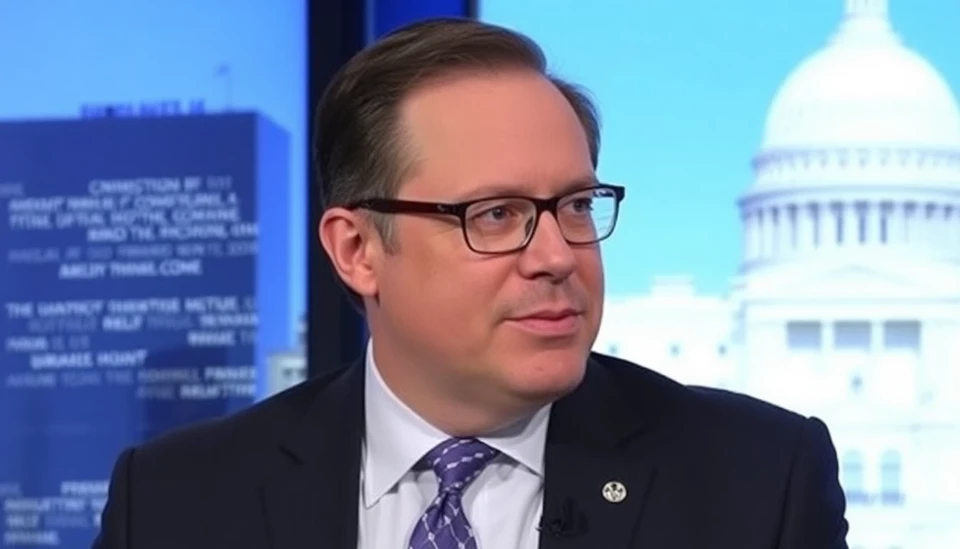
In a notable development within the financial landscape, President Biden has nominated the highly regarded market strategist, Bessent, to serve as the next Treasury Secretary. This decision has sparked a flurry of reaction across Wall Street, particularly given Bessent’s reputation as a fiscal hawk, indicating a possible shift in the government’s economic strategy moving forward.
Bessent, known for her sharp analytical skills and a keen focus on fiscal responsibility, has previously held prominent roles, including as Chief Investment Officer at a leading asset management firm. Her track record of advocating for prudent fiscal policies has set expectations among investors about the future direction of the U.S. economy.
The nomination has elicited diverse reactions from financial markets, as many analysts believe that Bessent’s appointment could mark a shift toward stricter budgetary measures and tighter monetary policies. Investors are already speculating on potential changes in fiscal approaches, with some expressing concern that her hawkish stance may lead to increased borrowing costs and a potential dampening of economic growth.
Market experts highlight that Bessent's appointment is significant against the backdrop of ongoing efforts to stabilize the economy amidst rising inflation and federal debt levels. Her firm stance on spending limitations suggests that the current administration might prioritize reducing the deficit over expansive fiscal initiatives. This shift is expected to influence the financial sector, as businesses brace for tighter monetary policy and higher interest rates.
Reactions from Wall Street have been mixed. Some investors view Bessent’s credentials as reassuring, believing that her expertise will guide the Treasury in navigating complex economic challenges. Others, however, express trepidation regarding her potential policy decisions, fearing that her strict fiscal measures may slow down growth in the near term.
The implications of Bessent’s nomination extend beyond immediate market sentiments; they also signal a broader commitment from the Biden administration to stabilize fiscal policy in a post-pandemic economy. Analysts suggest that a hawkish Treasury Secretary could lead to a recalibrated approach to infrastructure spending, social programs, and tax policies, all of which will bear monitoring as her confirmation process unfolds.
As Bessent prepares for her Senate confirmation hearings, stakeholders across the financial sector will be closely watching her responses to potential questions about inflation controls, government spending, and tax reforms. Her ability to communicate a balanced plan that addresses both fiscal prudence and economic growth will be critical in gaining the support necessary to assume her new role.
This pivotal moment in U.S. fiscal policy brings forth questions about the direction of financial markets, economic recovery, and the overall outlook for American businesses. Will Bessent’s hawkish approaches stabilize the economy, or will they introduce hurdles for growth? The financial world awaits answers as this story develops.
In conclusion, as Bessent’s nomination proceeds through the political framework, both Wall Street and Main Street are poised for what could be significant changes in U.S. economic policy—a development that could impact everyone from investors to everyday Americans in the coming years.
#Bessent #USTreasury #WallStreet #FiscalHawk #MarketReaction #EconomicPolicy #Inflation #FederalDebt
Author: Rachel Greene




